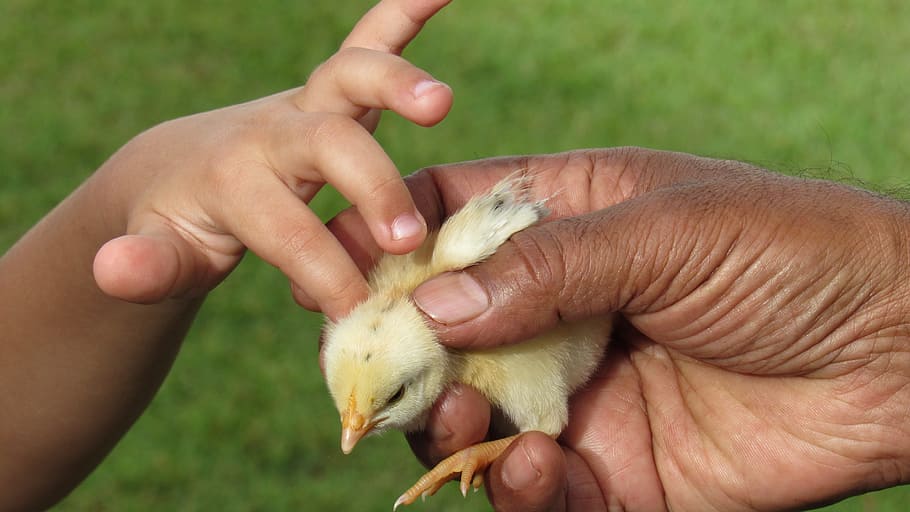One of the best pieces of advice I have ever been given
concerning the care of animals, is this: “put your hands on those critters.”
This is what the Farmer suggested during my first week as a Farmwife, when I
pulled on boots and gloves and ventured out to the barnyard to see what trouble
I could get into.
The Farmer has always been a solitary creature, preferring
to do most things on his own. He does occasionally need an extra pair of hands,
however, and that’s where I come in. And he has learned that if the animals are
comfortable with my hands, they are far more likely to agree with whatever sort
of treatment we are trying to administer.
Take Ginger the cow, for example. She was so excited to see
the Farmer approaching with a round bale of hay one winter morning soon after
we bought her that she ran in front of the tractor and got herself impaled on
one of the forks. For the next few weeks Ginger found herself penned up,
receiving medical treatment on her wound. New to the farm, she didn’t trust us
and kicked at any approach. I watched as the Farmer put the salve on the end of
a pole and wiped it on her cut from a distance. Imagine how much easier that
would have been if Ginger was used to being touched. Things were much easier
with cattle that were born on the farm, because they were used to us being in
their space, brushing them, checking their feet and moving them around.
The donkey, sheep and even the chickens got fairly used to
having me in their living spaces, brushing them, handling them and feeding them
treats. Some of them became quite tame. Others remained wild but not as
mistrusting as they would have been if I had kept my distance.
Even dog training books recommend you get the animal used to
you handling their sensitive ears and feet and checking their teeth. It’s much
easier for a vet to treat a dog that trusts human touch.
One day I had a feral barn cat show up on the back porch
with a huge swollen abscess on her cheek. I knew it would be difficult if not
impossible to examine and treat her, as she was never one to allow human touch,
even as a kitten. In the end we had to lure her into the house, corner her in
the basement and catch her with a fishing net. Once trapped, she was resigned
to her fate and lay quietly while the Farmer administered a shot of penicillin
and I wiped antibiotic cream over her face.
If you have a barn full of animals, I highly recommend you
get in there and put your hands on them, regularly. I have found visitors are
also typically willing to assist in this exercise, especially where puddles of
new kittens are concerned.
-30-




